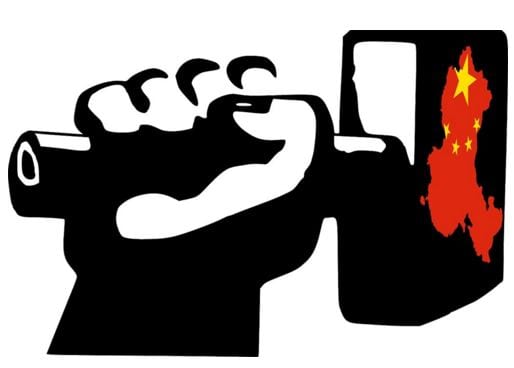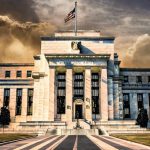
Hammer Time: China Punishes 300,000 Officials for Corruption
Updated March 2022
It is true that the Chinese government, under President Xi Jinping’s leadership, has undertaken significant efforts to address corruption within its ranks. The number of officials punished for corruption, as stated by the government, is indeed substantial. These actions have included investigations, prosecutions, and disciplinary measures against a wide range of officials, from lower-level individuals to high-ranking figures.
The Chinese government’s anti-corruption campaign has been characterized by its scope and intensity. It has targeted officials in various sectors, including government, military, state-owned enterprises, and the Communist Party. Some notable cases have involved prominent figures such as Zhou Yongkang, a former security chief, and Rui Chenggang, a TV host.
Comparatively, the statement that the United States has not arrested or jailed any bankers since the 2008 financial crisis requires clarification. While it is true that there have not been widespread arrests and imprisonments of high-level bankers directly related to the financial crisis, it does not imply that there has been no action taken against financial misconduct in the United States. The U.S. has regulatory bodies, such as the Securities and Exchange Commission (SEC) and the Department of Justice (DOJ), that investigate and prosecute financial crimes. Numerous cases of financial misconduct, including insider trading and fraud, have been pursued and resulted in convictions and penalties.
As for the impact on the Chinese economy, the government’s aim to reduce corruption is indeed intended to create a more transparent and fair business environment that benefits the general population. By removing corrupt officials from positions of power, the government aims to promote economic growth and stability in the long term. However, it is worth noting that the short-term volatility mentioned in the statement may arise from the disruptive effects of anti-corruption measures on certain industries and sectors.
Game Plan
Cracking down on crime in the short term can cause market uncertainty as overseas investors are unsure whether the effects will be positive or negative, significantly since the Chinese economy is already slowing down. However, it’s important to focus on the long-term trend, and in that sense, the outlook for China is bright. We suggest using solid pullbacks to open positions in robust companies. robust companies.
Other interesting Articles
Cabbage Juice Alchemy: Unlocking Mysteries of Health and Vitality










